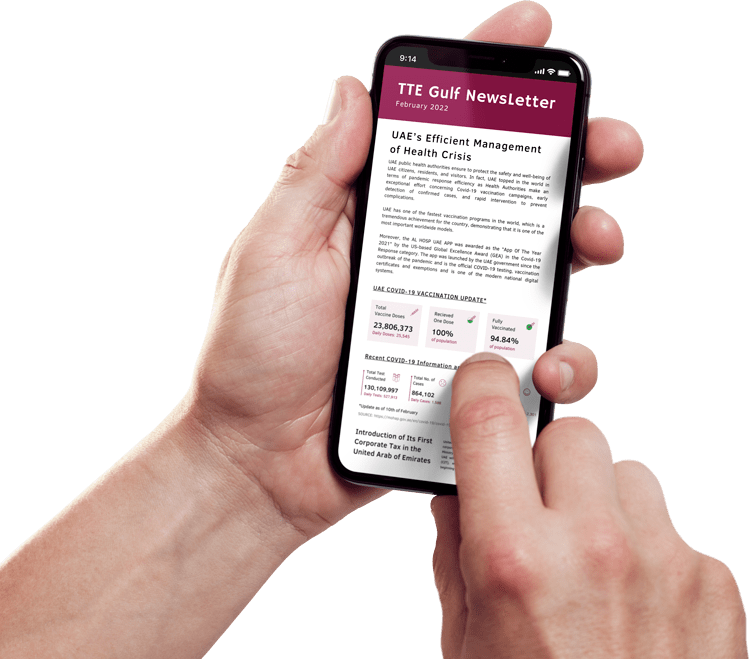Feasibility Study
A feasibility study aims to objectively and rationally uncover the strengths and weaknesses of an existing business or proposed venture, opportunities and threats present in the environment, the resources required to carry through, and ultimately the prospects for success. The two criteria to judge feasibility are cost required and value to be attained. Feasibility studies can be used in many ways but primarily focus on proposed business ventures. Determining early that a business idea will not work saves time and money.
A feasible business venture is one where the business will generate adequate cash flow and profits, withstand the risks it will encounter, remain viable in the long-term and meet the goals of the founders. The venture can be either a start-up business, a purchase of an existing business, an expansion of current business operations or a new enterprise for an existing business.
A feasibility study is usually conducted after producers have discussed the series of business ideas or scenarios applicable. The feasibility study helps to frame specific business scenarios so that they can be studied in-depth.
During this process, the number of business alternatives under consideration is usually reduced quickly. Also, you may investigate a variety of ways on how to organize the business and position your product in the marketplace.
Just because the initial analysis is negative does not mean that the proposal does not have merit. Sometimes limitations or flaws in the proposal can be corrected.
The conclusions of the feasibility study should comprehensively outline the various scenarios examined and each of its implications, strengths and weaknesses. The project leaders need to study the feasibility study and challenge its underlying assumptions.
Our team manages and coordinates studies ranging from scoping definition through to feasibility. It provides its valued clients with accurate, timely and relevant reports.
Covered Sectors
Through our local and regional networks, we propose a full range of business solutions in different vertical markets.

Aeronautics / Transport / Mobility / Defense / Security

Petrochemical / Energy / Environment
Industry / Metallurgy / Machines / Equipment

Construction / Building Materials / Architecture

Media / Sports / Entertainment/ Events

IT / Telecom / Artificial Intelligence / Electronics

Health / Pharmaceutical / Cosmetics / Biotechnology

Education

Join Our Mailing List
Sign up now!
Head Office
Branch Offices
Riyadh, Kingdom of Saudi Arabia
Cairo, Egypt

